This morning one of my interns came into my office and asked about the Green Climate Fund that President Trump claimed was unfair to the United States when he withdrew from the Paris Climate Accord. Putting aside that he didn’t seem to understand the numbers, it does beg the question, “Why should America have to pay anything when China is emitting more than us and all these other countries also have a role to play?” I provided her with this allegory:
Consider this thought experiment:
John owns a house with a lawn. His buddy Rex owns a garage next door where he changes oil in vehicles. Every day for the past twenty years Rex has been dumping used motor oil on John’s lawn. At 2 quarts of oil a day (he works slowly), even if he takes 4 weeks of vacation in France every year, over 20 years that adds up to a lot of oil on John’s lawn. John even pours some quarts of oil onto his own lawn once in a while, it’s easy after all. In fact, a few years ago some of the other folks on the block had oil to get rid of so they started leaving it at John’s house too. They weren’t mechanics so they only dumped a little every week.
In the last week Jim from across town started his own garage and started carting his oil over to John’s house, dumping 5 quarts of oil a day (he was a faster worker than Rex). John’s lawn suffered. The oil spilled over into his neighbor’s yard, making them sick. His dog’s hair fell out.
Rex, meanwhile, had built a ditch around his property so the oil he was adding to John’s yard didn’t run back onto his garage’s parking lot. He was doing well. After all, he hadn’t had to pay an environmental fee to get rid of his oil. He lived in a big house farther down the street so although the smell of the oil was annoying he could get away. He’d also used some of his profits to try out some new-fangled synthetic oil, which just evaporated when removed from the car! He even started teaching other folks how to change their car’s oil more efficiently.
Eventually John realized that this oil was affecting him – 97% of the doctors he went to said it was the cause of the weird rash on his skin and his neighbor’s ailments. The vet said the oil caused his dog’s hair to fall out. John decided something needed to be done. He gathered up all the people who had been dumping oil on his lawn and said “this is not sustainable, I am living in a house surrounded by a lake of oil! My grass won’t grow, it smells terrible and I have this gross rash! Oh, and my neighbor is sick and can’t afford medical care. We need to stop putting oil here.”
So what would be a fair solution?
Your initial thought might be, “Well, stop dumping any oil at all!” But there’s no infrastructure set up in the town (after all everyone had just been dumping it on John’s lawn) and it would take time to build it. So, they convinced John to let them keep dumping it, at least until there was an alternative. The new, synthetic oil had been gaining popularity so they decided to develop a solution that would allow everyone to wean off of the oil over time. But how should it happen? Should everyone stop at the same rate? Rex was a lot wealthier than everyone else, and was dumping a lot every week, should he reduce the amount he was dumping faster than, say, Sally? What about the (unnamed) neighbors’ medical bills? Should the dumpers help them out? The neighbors hadn’t dumped any oil and yet were suffering the most.
If you look at the amount of oil dumped last week it looks like Jim is the biggest culprit so you might say he needs to be the one to reduce his dumping. Or you might say everyone needs to cut their amount in half – just to be fair.
However, if you were to look at it over time, you might choose a cap – everyone can only dump 40 quarts of oil a year. And even though that’ll impact Rex more than anyone else you decide that’s okay because Rex is rich and can afford the more expensive synthetic oil.
Or you might look at the total amount of oil dumped over the past 20 years and decide, “Wow, Rex dumped WAY more oil than anyone else, even after he knew it was bad for the lawn.” You also might decide he should pay for some of the clean-up. Maybe even the neighbor’s medical bills.
But he doesn’t think that’s fair because he’s already worked hard to be more efficient and switch to synthetic oil. Plus he doesn’t have the money to pay for the cleanup or the medical bills (don’t they have insurance for that?) – after all he’s spent most of the money he’d earned building his new house.
What do you think would be fair?
So how does this relate to the Paris Climate Accord and the Green Climate Fund? Consider this diagram:
This is a snapshot. This is the equivalent to last week’s oil dumping in our fictional town. China is like Jim, the biggest dumper.
Then consider this graph:
This shows how the US and the EU, like Rex have been emitting carbon for a lot longer than China.
Lastly, consider this graph:
GDP is a proxy for wealth showing that the US, like Rex, has been in business for a long time and is much wealthier than China, who like Jim, recently joined the industrial revolution.
This graph kind of says it all:
Interested in reading more?
Check out these graphs of global carbon emissions: https://wri.org/blog/2014/11/6-graphs-explain-world%E2%80%99s-top-10-emitters
The Stockholm Environment Institute has developed an equity share approach to addressing the competing needs of countries to develop and to reduce emissions. See their report here: http://sei-us.org/projects/id/124
You can also watch a video of Sivan Kartha, the lead author, explaining the basis.
Design your own solution with the World Resources Institute Equity Explorer! http://www.wri.org/blog/2014/10/climate-equity-tale-4-countries

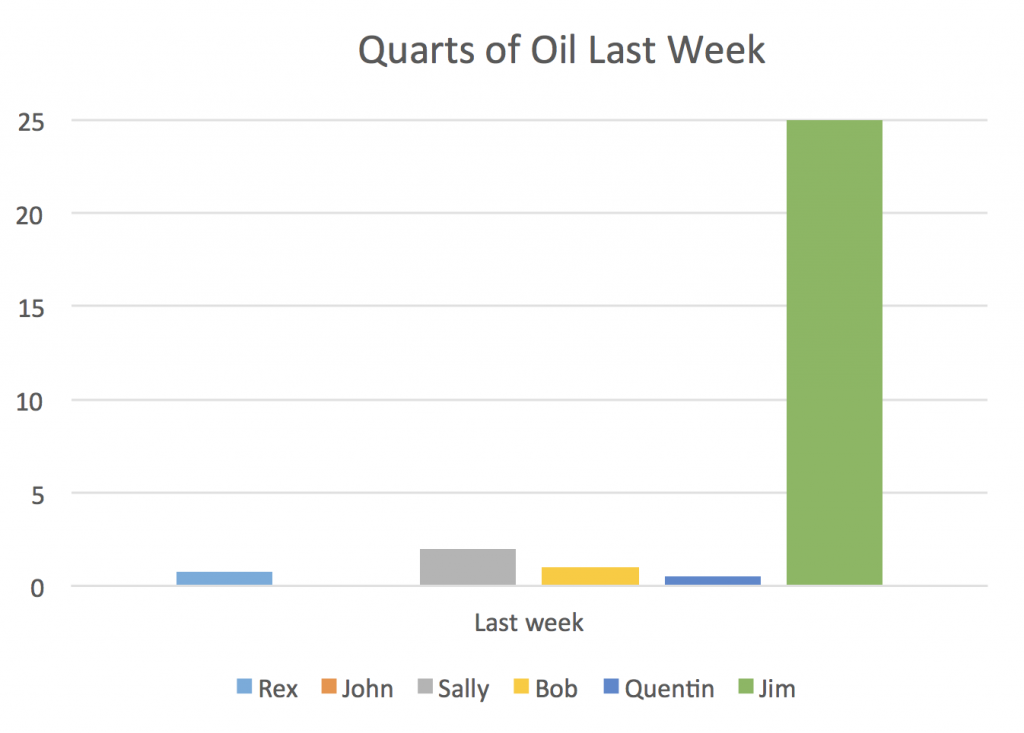
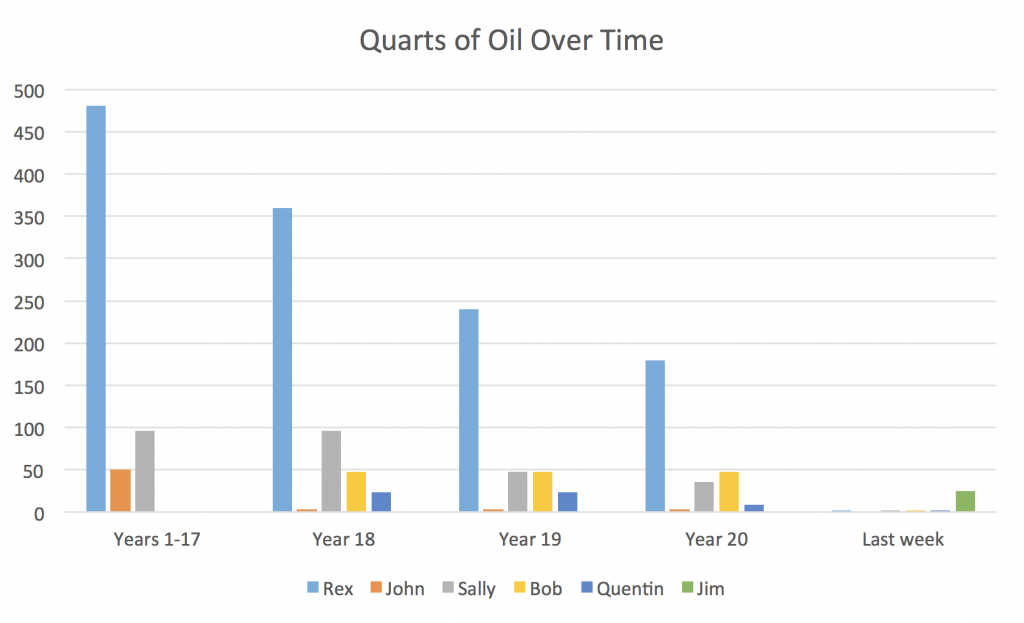
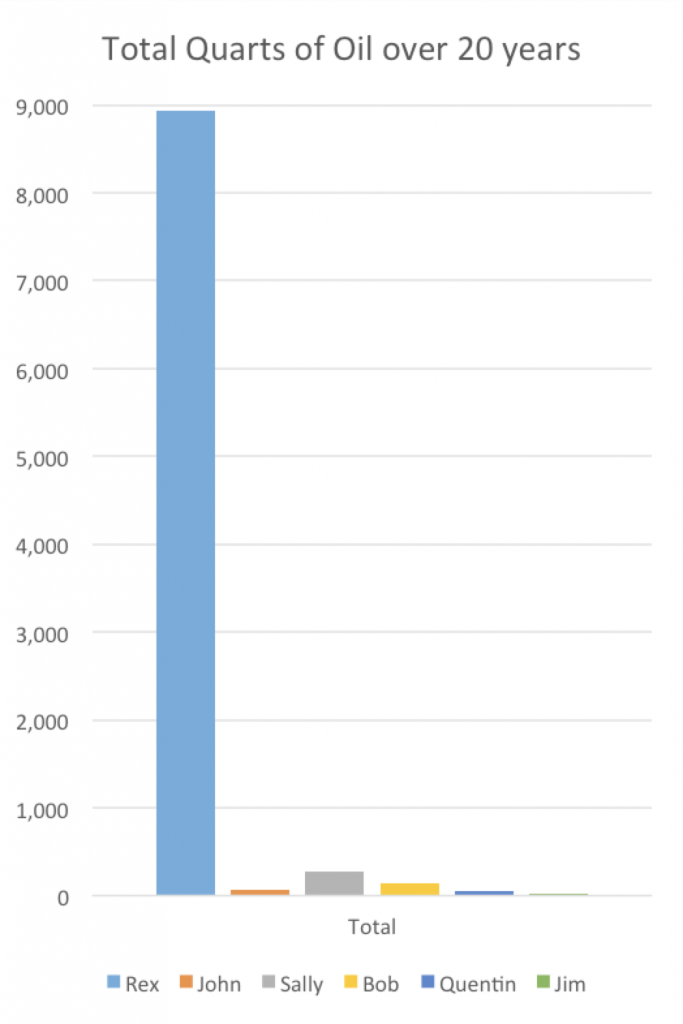
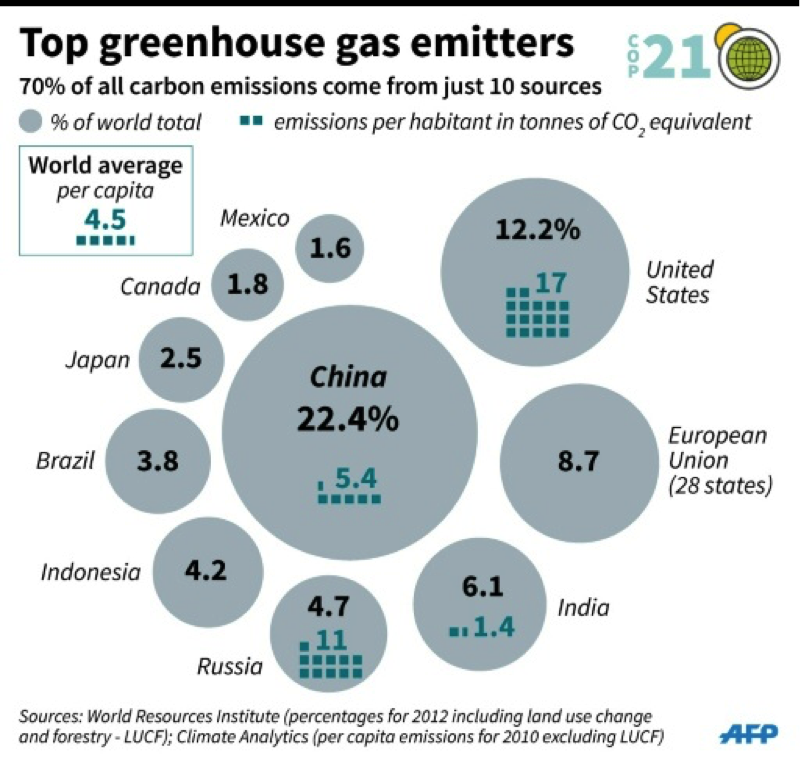


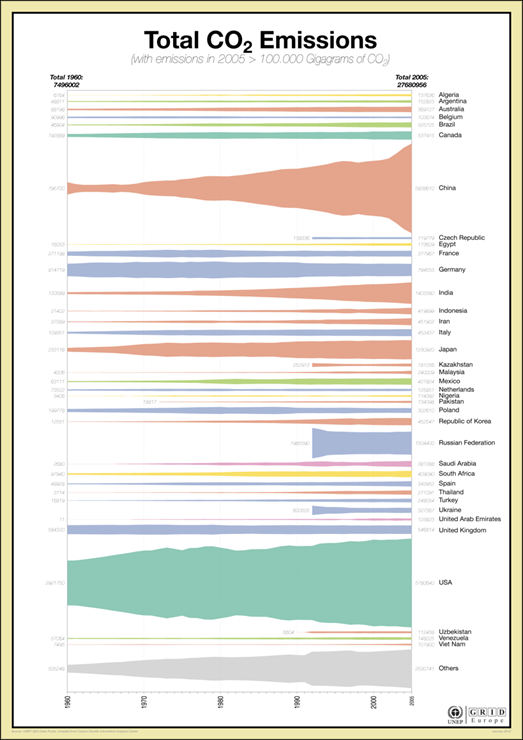
Your article was truly unforgettable, thank you for sharing it. Wishing everyone the best of luck! Free CRT-211 latest test sims questions are available!
Through this article, I gained a lot of useful information. Sharing 2V0-41.24 latest test bootcamp materials for free—boost your career with these essential resources!
Thank you for sharing; the article is truly stunning! Valid QREP test questions offers a broad range of material free of charge, hoping it supports you.
Your article left me in awe, thank you for sharing! Thanks to 300-815 reliable exam questions vce, I climbed the career ladder and earned more—today, I’m giving it away for free!
우리DumpTOP 는 많은IT전문가들로 구성되었습니다. 우리의 문제와 답들은 모두 엘리트한 전문가들이 만들어낸 만큼 시험문제의 적중률은 아주 높습니다. 거이 100%의 정확도를 자랑하고 있습니다. 아마 많은 유사한 사이트들도 많습니다. 이러한 사이트에서 학습가이드와 온라인서비스도 지원되고 있습니다만 우리DumpTOP는 이미 이러한 사이트를 뛰어넘은 실력으로 업계에서는 우리만의 이미지를 지키고 있습니다. 우리는 정확한 문제와답만 제공하고 또한 그 어느 사이트보다도 빠른 업데이트로 여러분의 인증시험을 안전하게 패스하도록합니다.WGU Integrated-Physical-Sciences인증시험을 응시하려는 분들은 저희 문제와 답으로 안심하시고 자신 있게 응시하시면 됩니다. 우리DumpTOP 는 여러분이 100%WGU Integrated-Physical-Sciences인증시험을 패스할 수 있다는 것을 보장합니다.
The content of the article is very practical, and I have gained a lot of knowledge. Almost time to face the AD0-E330 latest test collection pdf exam. Wish me good luck!
IT업계 종사자라면 누구나 SAP 인증C_C4H41_2405시험을 패스하고 싶어하리라고 믿습니다. 많은 분들이 이렇게 좋은 인증시험은 아주 어렵다고 생각합니다. 네 맞습니다. 패스할 확율은 아주 낮습니다. 노력하지 않고야 당연히 불가능한 일이 아니겠습니까? SAP 인증C_C4H41_2405 시험은 기초 지식 그리고 능숙한 전업지식이 필요 합니다. Itcertkr는 여러분들한테SAP 인증C_C4H41_2405시험을 쉽게 빨리 패스할 수 있도록 도와주는 사이트입니다. Itcertkr의SAP 인증C_C4H41_2405시험관련 자료로 여러분은 짧은 시간내에 간단하게 시험을 패스할수 있습니다. 시간도 절약하고 돈도 적게 들이는 이런 제안은 여러분들한테 딱 좋은 해결책이라고 봅니다.
Clicking the like button now—this content is amazing. The C_CPE_16 valid exam cram sheet file questions were a key part of my success—promotion and salary raise—and today, I’m sharing them for free!
Your article is astonishing, I truly appreciate you sharing it! I’m about to sit my New exam 1z0-1072-24 collection sheet exam. Hope I do well!
MS-700試験は難しいですが、あまり心配する必要がありません。ふさわしい復習の方法を利用したら、気楽にMS-700試験に合格するのは可能です。あなたはいい方法を探しましたか?今我々は一番適当の方法を提供しています。我々のMS-700参考書を利用したら、あなたは試験に簡単に合格することができます。我々の商品は大好評を博しましたので、あなたに推薦します。
I’m deeply appreciative of your article, it was truly enlightening. Test FCSS_SASE_AD-23 Free offers detailed content free of charge to help you in your learning journey.
I’m utterly amazed by your article, thank you for sharing it! Grab your free New C-ARSUM-2404 exam objectives pdf exam questions—career growth and salary boosts are within reach!
No hesitation, this is deserving of a like. The CCST-Networking study reference exam questions are free—essential for career advancement and salary increase!
I’m not hesitating; this content gets my like. I’m sharing the Latest test C_SAC_2402 duration test that helped me achieve a promotion and raise. It’s free for you today—best of luck in reaching your career goals!
Your article is brilliant, thank you for sharing! The CAD valid study questions questions are available for free. Wishing you the best of luck in your exams!
This article is wonderfully written, and I’ve learned many useful techniques from it. Wishing you the best in your exams! Here are the free Test 1D0-724 objectives questions.
Reading this article, I have gained a completely new understanding of the issue. This Professional-Cloud-Developer valid test practice helped me advance in my career and get a raise. Now it’s available for free. Wishing you all the best in your professional journeys!
The article left a lasting impression on me. Hope I perform well in the Valid 102-500 test blueprint exam – wish me luck!
Truly a remarkable piece of writing, I’m so thankful for your share. I advanced with the C-TS422-2023 reliable exam test, earning a promotion and salary increase. Now, it’s free for everyone. Best of luck with your own promotions!
That piece was incredibly insightful. The Llatest exam collection RCNI sheet material is top-notch, and I hope it assists you, with no cost involved.
PassTIP의 Microsoft인증 MB-330덤프를 구매하시고 공부하시면 밝은 미래를 예약한것과 같습니다. PassTIP의 Microsoft인증 MB-330덤프는 고객님이 시험에서 통과하여 중요한 IT인증자격증을 취득하게끔 도와드립니다. IT인증자격증은 국제적으로 인정받기에 취직이나 승진 혹은 이직에 힘을 가해드립니다. 학원공부나 다른 시험자료가 필요없이PassTIP의 Microsoft인증 MB-330덤프만 공부하시면Microsoft인증 MB-330시험을 패스하여 자격증을 취득할수 있습니다.
PrüfungFrage ist eine Website, die Ihnen immer die genauesten und neuesten Materialien zur C-ARSUM-2404 Zertifizierungsprüfung bieten. Damit Sie sicher für uns entscheiden, können Sie kostenlos Teil der Prüfungsfragen und Antworten im PrüfungFrage Website kostenlos als Probe herunterladen. PrüfungFrage garantieren Ihnen, dass Sie 100% die SAP C-ARSUM-2404 Zertifizierungsprüfung bestehen können.
I’m left in awe by your article, thank you for sharing this treasure! We’ve made Valid braindumps HPE6-A85 sheet available free of charge, hoping it enriches your studies.
This article is full of inspiration, thank you for posting it! Exam SK0-005 simulator free provides a range of useful materials for free, hoping they help you progress.
Your article was remarkable, I’m truly thankful for it. The PL-100 latest test objectives material is top-notch, and I hope it assists you, with no cost involved.
Thank you for sharing this truly remarkable article! Wishing you the best in your exams! Here are the free SPLK-2003 reliable exam questions fee questions.
Your article has really expanded my perspective, thank you. Wish me good luck on my New PSA-Sysadmin practice test fee exam. Hope I do great!
Thank you for your article, it truly caught my attention. I got promoted and earned a raise using this Valid practice HPE0-V28 test fee. Now it’s available for free. Best of luck with your promotions!
Your article has made a lasting impression, thank you for it. This D-PE-FN-23 latest test papers was instrumental in my promotion and pay raise. It’s now free to everyone. Wishing you success in your promotions!
I’ve got to like this—it’s that good. Wish me all the luck in the world for the Latest GCX-SCR test pass4sure exam!
I feel much more informed after reading that piece. I’m facing the New C-HRHPC-2411 exam tips exam. Let’s hope for a good result!
This article is outstanding, I’m so grateful for your sharing. The AZ-500 latest exam questions pdf test was the secret to my promotion and pay raise—today, I’m giving it to you for free!